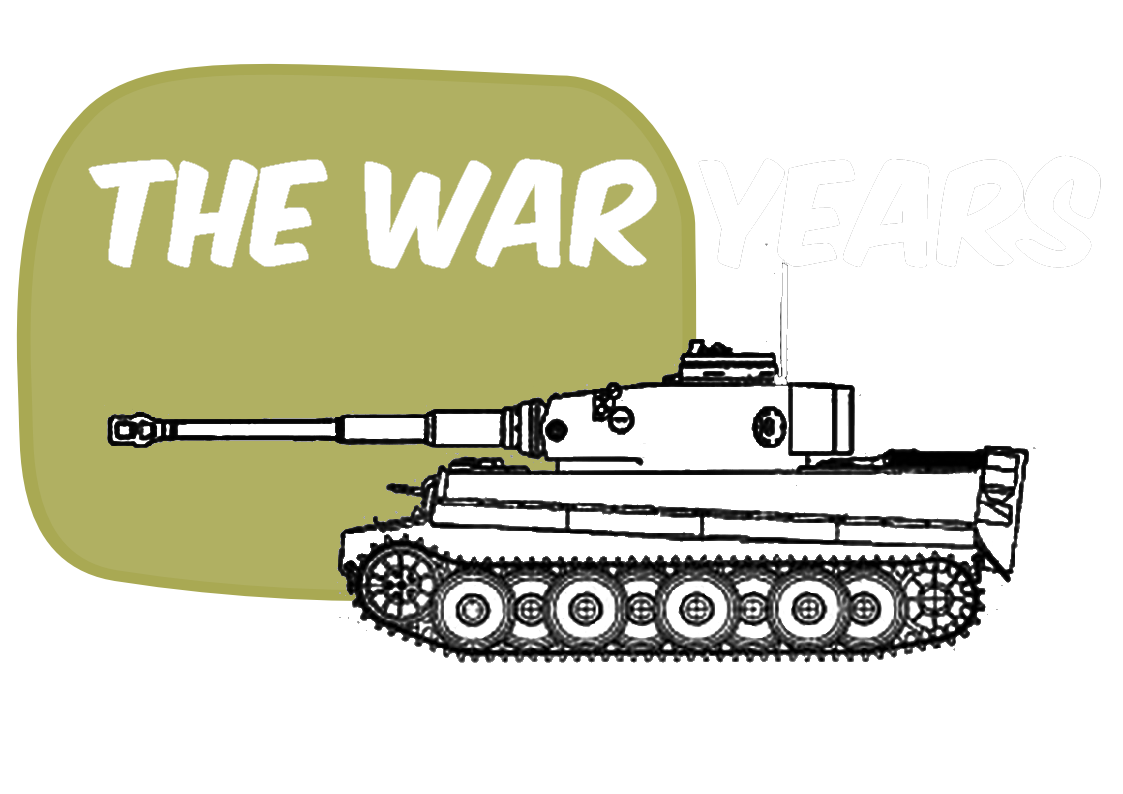Book Review: Courage After The Battle by Peter Jackson-Lee
Courage After The Battle written by ex-Royal Marine and Falklands veteran Peter Jackson-Lee is a book that takes the reader on a journey that most people will never experience. The book is a travelogue that explains how service men and women navigate their way from battlefield injury back to civilian life. The book also examines the history of battlefield medicine, mental healthcare, prosthetics, reconstructive surgery, politics and changes in social welfare. At turns, the book is inspiring, fascinating and deeply troubling.
The book takes a systematic look at what happens to service personnel from the moment they suffer a life-changing wound on the battlefield. It explains the process of evacuation, emergency trauma care and transition to the hospital. Next, the book explains the many different types of battlefield trauma: loss of limbs, facial disfigurement, deafness and blindness. The book also looks at various treatments available such as prosthetics and plastic surgery. However, it is the long shadow cast by mental health and social care issues such as post-traumatic stress disorder (PTSD), depression, drug addiction, alcohol abuse and homelessness that I found the most disturbing. The destructiveness of these hidden wounds, if not treated quickly, spreads out like a pressure wave damaging family, friends and wider society.
The final third of Peter Jackson-Lee’s book explains the covenant between the Armed Services, the Nation and UK Government. The book also lists around 150 national charities and other organisations that provide help and support to current service personnel, veterans and their families. The fact that over 70 pages of the book simply list charitable organisations that offer support is alarming. It demonstrates the betrayal of the Armed Forces Covenant, and the abject failure of government policies stretching back decades. In many ways, this book is the story of a shocking, perennial national disgrace.
The book is written in a balanced, no-nonsense, straightforward style and tone. Peter Jackson-Lee lets the veterans, families, healthcare professionals, charity workers and facts speak for themselves. He explains the history of every technical, medical and procedural advance that makes suffering a battlefield injury move survivable. However, while the overall survivability of battlefield injuries has steadily increased, the opposite is true of long-term care. Consecutive governments have overseen punitive cuts in the provision of everything from mental healthcare to housing, and much more besides.
From Trafalgar, Waterloo and the Battle of Britain to the Falklands, Iraq and Afghanistan, the Armed Services have always been there to protect this country’s national interests with their lives. Nevertheless, the compact between the State and its servicemen and women has always been an unequal one. Service personnel are expected to make the ultimate sacrifice without complaint when called upon to do so. In contrast, our politicians, the Ministry of Defence (MOD) and civil servants can renege on every promise and betray every commitment. While our service men and women are driven by loyalty, courage and comradeship, the politicians and bureaucrats are driven by arrogance, ignorance and greed.
Reading Courage After The Battle makes you ask the question, why would anyone join the Armed Services? In 2018, a National Audit Office (NAO) report found the Armed Services had a shortfall of 8,200 regulars (full-time service personnel). In December 2018, it was widely reported that a £495m contract with the outsourcing giant Capita had clearly failed to achieve the Army’s recruitment targets. What’s more, half of the Army’s applicants subsequently dropped out of the process. Another monumental waste of public money that could have been better spent elsewhere.
Interestingly, a Harvard Institute of Politics (IOP) survey found that while many millennials (18 to 29 years old) generally supported the US military’s war against Islamic State (ISIS), they themselves did not want to take part. One reason many millennials gave for not wanting to join the US military was a “deep distrust about all things relating to the government.” Clearly, books like Courage After The Battle can help today’s young people make better-informed decisions about joining the military, and the potential long-term consequences of doing so. The book also shines a light on the many shameful actions perpetrated by British politicians, civil servants and bureaucrats against our veterans and their families. Something to think about the next time you go to the polls.
Courage After The Battle is published by Brown Dog Books.
